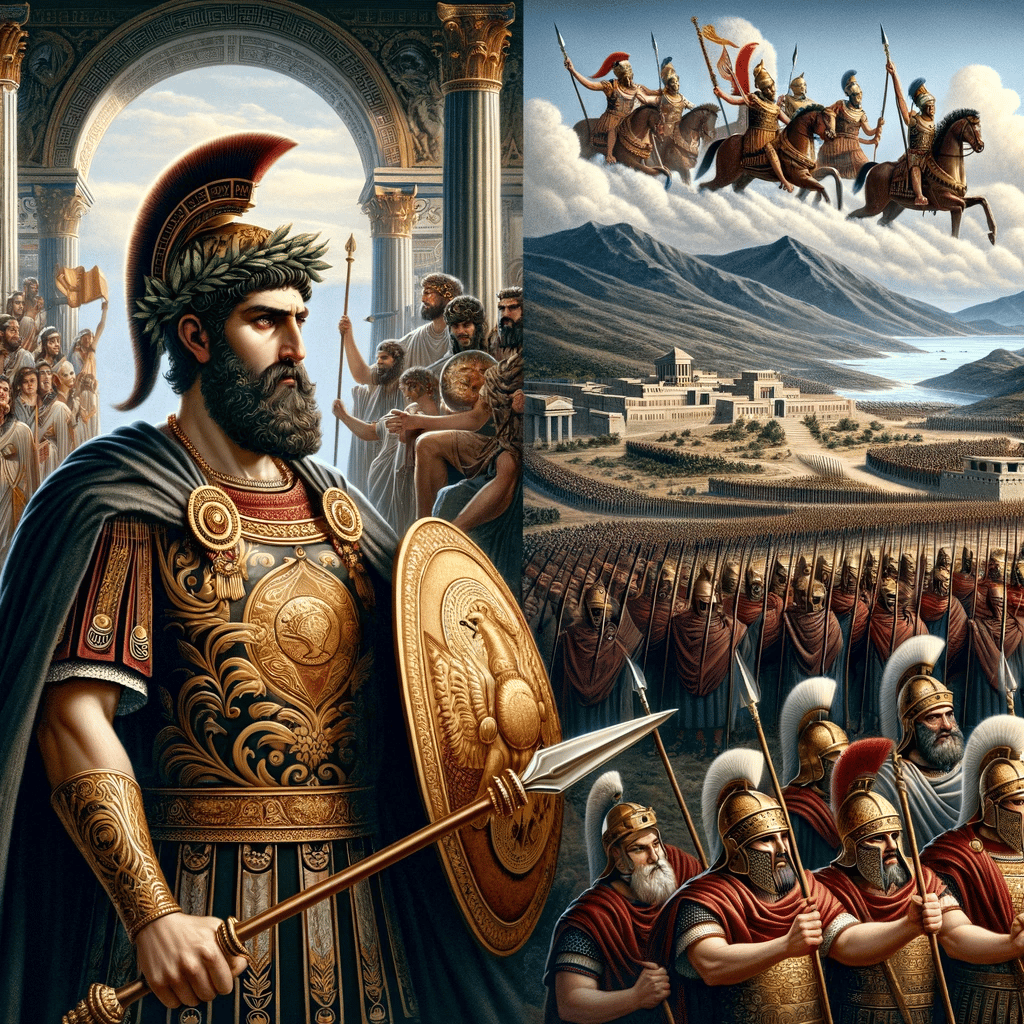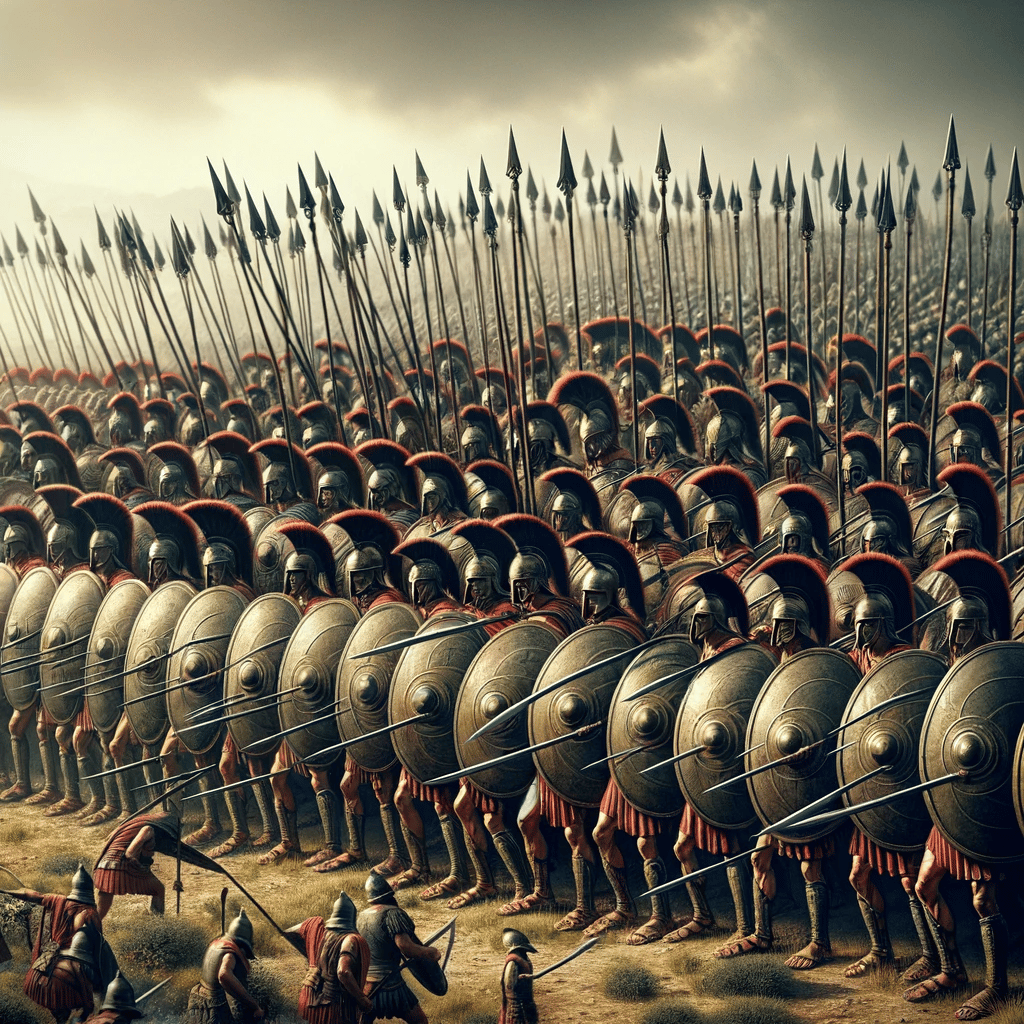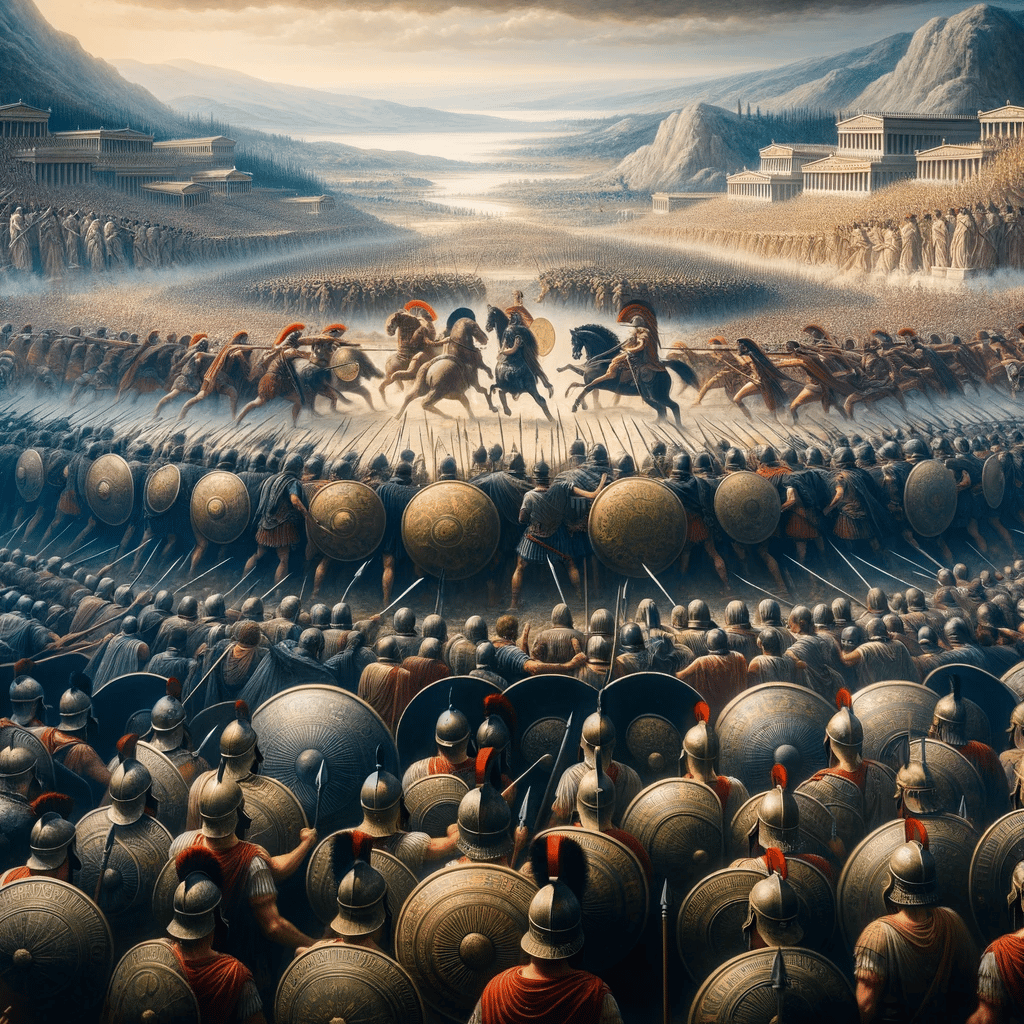The Meteoric Rise of Macedonia: The Era of Philip II
The ancient world witnessed many empires rise and fall, but few stories are as compelling as the meteoric rise of Macedonia under King Philip II. Before his reign, Macedonia was a relatively obscure kingdom on the fringes of the Greek world. Yet, by the end of his life, Philip had transformed it into a dominant power in the ancient Mediterranean.

The Early Years of Philip II
Philip II ascended to the Macedonian throne in 359 BC under tumultuous circumstances. Macedonia was under threat from neighboring powers and internally destabilized. Philip, a hostage in Thebes during his youth, had absorbed the military prowess of the Theban army, an experience that would later shape his military strategies.
Military Innovations and Reforms

Philip revolutionized the Macedonian army. He introduced the sarissa, a long pike, giving his infantry a reach advantage over traditional Greek hoplites. His most notable contribution was the Macedonian phalanx, a densely packed infantry formation. These innovations, combined with a disciplined approach to training, turned his army into an invincible force.
Diplomacy and Expansion

Philip's reign wasn't just about military might; he was also a master of diplomacy. He used marriage alliances, treaties, and sometimes treachery to extend his influence. He expanded Macedonia's territory northward and eastward, securing valuable resources.
The Battle of Chaeronea and Greek Unification

Philip's ambition eventually led him southward to Greece. In 338 BC, at the Battle of Chaeronea, Philip's forces defeated a coalition of Greek city-states, including Athens and Thebes. This victory marked the end of Greek independence and the rise of Macedonia as the dominant power in the region.
The Legacy of Philip II: Philip's assassination in 336 BC was a dramatic end to an impactful reign. However, his legacy was immense. He left a unified Macedonia and Greece, a powerful and innovative army, and a strong kingdom for his son, Alexander the Great, to inherit.
Conclusion: Philip II's transformation of Macedonia is a testament to the power of leadership, military innovation, and strategic diplomacy. His impact on the ancient world set the stage not only for the conquests of his son Alexander but also for the shape of Mediterranean politics for generations. In the annals of history, Philip II stands out as a ruler who dramatically changed the course of his kingdom's destiny, from obscurity to greatness.
